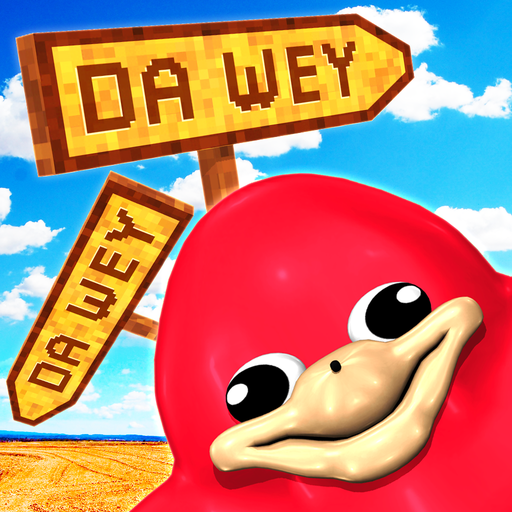
Game developers largely agree: the "AAA" label is outdated and irrelevant. Initially signifying massive budgets, exceptional quality, and minimal risk, it's now associated with profit-driven competition that often sacrifices innovation and quality.
Revolution Studios co-founder, Charles Cecil, calls the term "silly and meaningless," a relic of a period when industry shifts prioritized profit over artistic merit.
Ubisoft's "AAAA" title, Skull and Bones, serves as a prime example. A decade of development culminated in a disappointing launch, highlighting the emptiness of such classifications.
Major publishers like EA also face criticism for prioritizing mass production over player engagement, a point echoed by both players and developers.
Conversely, independent studios frequently produce games that surpass "AAA" titles in impact. Baldur's Gate 3 and Stardew Valley exemplify how creativity and quality trump sheer budget.
The prevailing sentiment is that profit maximization stifles creativity. Risk aversion among developers leads to a stagnation of innovation in large-scale game development. A fundamental shift in industry approach is necessary to recapture player interest and inspire future generations of game creators.








